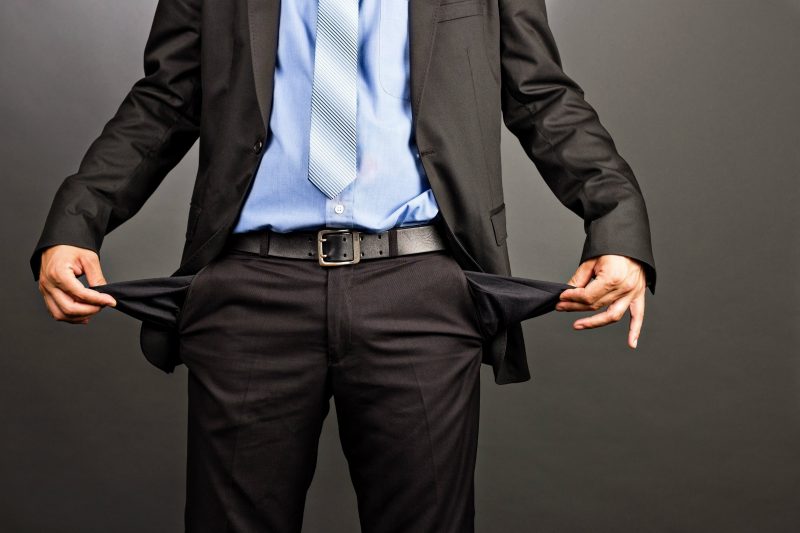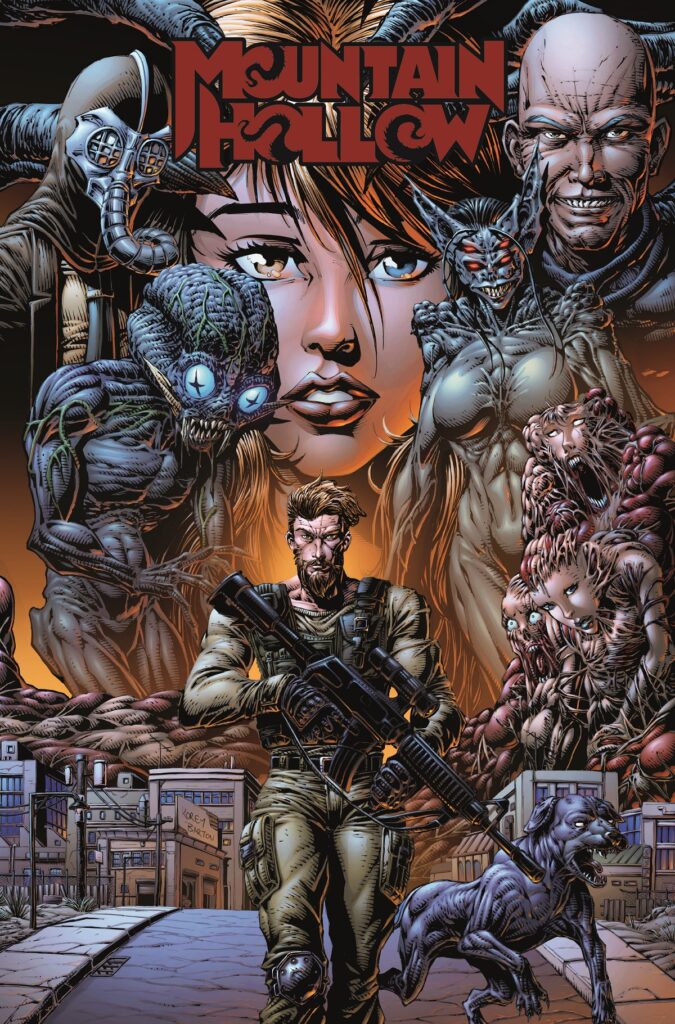
This article was written by Michael Snyder and originally published at The Economic Collapse
This week we learned that there won’t be any more stimulus checks for the American people before the election, and that prompted tremendous eruptions of anger all over social media. At first I didn’t understand why people were so angry, but now I do. It turns out that a substantial portion of the population is desperate for another round of checks because they are almost entirely out of cash. In fact, a very alarming survey that was just conducted found that one out of every five Americans “could be out of money by Election Day”…
In fact, nearly one-quarter of U.S. consumers say they have less than three weeks of financial runway before they run out of cash, according to a weekly survey on Americans’ finances by consumer finance company Credit Karma. With just four weeks until the election, 1 in 5 Americans could be out of money by Election Day, the data shows.
This is yet more evidence that is consistent with the assertion that the economic downturn in the United States is starting to accelerate again. The trillions of dollars of “stimulus money” that the federal government borrowed and spent earlier this year is starting to wear off, and tens of millions of Americans simply aren’t going to be able to make it without more emergency government assistance.
But none is coming for a while, and so many American families are going to be faced with some really “tough choices”…
“People are going to be forced to make tough choices,” says Colleen McCreary, chief people officer at Credit Karma. “There are a lot of Americans who either haven’t been in this situation in a long time or have never had to face this reality. Many will have to sacrifice and prepare because it could get worse before it gets better.”
Sadly, I think that McCreary’s assessment is overly optimistic.
There is absolutely no guarantee that economic conditions will get any better for the foreseeable future.
With each passing day, more businesses are going under and more jobs are being lost.
In fact, another recent survey found that approximately half of all small businesses in America will “need more aid from the government over the next 12 months to survive”…
Half of all small businesses expect to need more aid from the government over the next 12 months to survive, according to a survey by the right-leaning National Federation of Independent Business. Sales for about one-fifth of small companies are still down 50% or more from pre-pandemic levels, the NFIB said.
Please take a moment and let that sink in.
We are talking about half of all small businesses in the entire country.
How in the world can the mainstream media be using the term “recovery” when half of our small businesses are on the verge of going belly up?
That doesn’t make any sense at all.
Of course large businesses continue to deeply struggle as well. For example, we just learned that Wells Fargo has eliminated 700 commercial banking jobs…
Wells Fargo has cut more than 700 commercial banking jobs as part of workforce reductions that could ultimately impact ‘tens of thousands’ of staff, according to a new report.The San Francisco-based company has made layoffs for positions across the whole division, Bloomberg reported on Wednesday, citing people with knowledge of the matter.
And we also just learned that Ruby Tuesday has formally filed for Chapter 11 bankruptcy protection…
Hobbled by the pandemic and facing the same long-term challenges as other casual dining chains, Ruby Tuesday filed for Chapter 11 bankruptcy protection early Wednesday.The company hopes to use the debt-cutting process to improve its finances and stay in business, saying in a statement that it had “reached an understanding with its secured lenders to support its restructuring.”
Ruby Tuesday has already closed 185 locations, but they are hoping that a restructured company will allow the rest of their restaurants to stay open.
I remember eating at Ruby Tuesday quite a few times when I lived out on the east coast many years ago, and I don’t remember ever having a bad meal there.
If the chain completely collapses, that will definitely be a very sad day.
Of course Ruby Tuesday is far from alone. So far in 2020, a total of 509 large companies have filed for bankruptcy. The following comes from Wolf Richter…
In September, another 54 large companies filed for bankruptcy, after 54 had already filed for bankruptcy in August, according to S&P Global Market Intelligence, bringing the total for the year as of October 4 to 509, the highest for the same period since 2010.These are companies that are either publicly traded (minimum $2 million in assets or liabilities), or are private companies with debt that is publicly traded (minimum $10 million).
But this is just the beginning. As I have discussed previously, we are being warned that a “tsunami of bankruptcies” is coming in 2021 unless the federal government steps in.
At this point, just about every industry wants federal help, and not everyone will be able to get it.
So we should expect to see more numbers like these as the months roll along…
The American Hotel & Lodging Association has said that nearly three-quarters of hotels say they will have to lay off more workers without further financial aid.And American Airlines and United Airlines combined furloughed 32,000 employees last week. Airlines have already shed tens of thousands of positions through early retirements and buyouts. Delta Air Lines began the year with 91,000 employees, but 18,000 left voluntarily and 40,000 others agreed to take unpaid leaves of absence. The company may cut 1,700 pilots Nov. 1 unless their union agrees to contract concessions.
Overall, more than 60 million Americans have filed initial claims for unemployment benefits this year. It is a nightmare that never seems to end, and many experts expect the pace of layoffs to start increasing again as we head into 2021.
Many Americans are hoping that the upcoming election will change things for the better, and right now everyone is buzzing about the VP debate. But there have been bubbles of optimism around previous elections, and yet our long-term economic problems have just continued to get worse and worse.
Over the past 12 years we have added 17 trillion dollars to the national debt, we have witnessed the greatest corporate debt binge in world history, and U.S. consumers have been borrowing and spending money like there is no tomorrow.
But tomorrow always arrives, and our day of reckoning is now at hand.




1 Comment
I constantly hear “Oh, when things go back to normal it’s all going to get better” from people who should be smart enough to know better. None of them want to hear it if you try to tell them that things are never going back to “normal” and things aren’t really going to get better.